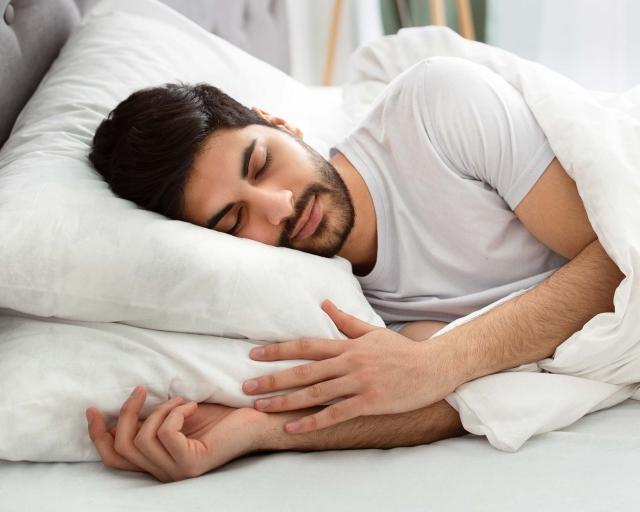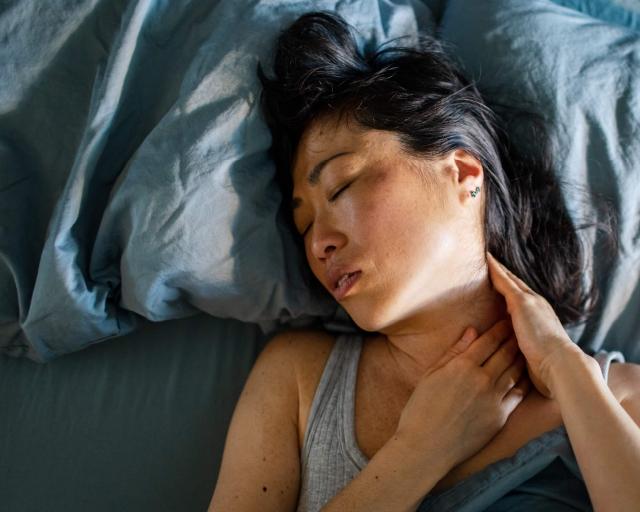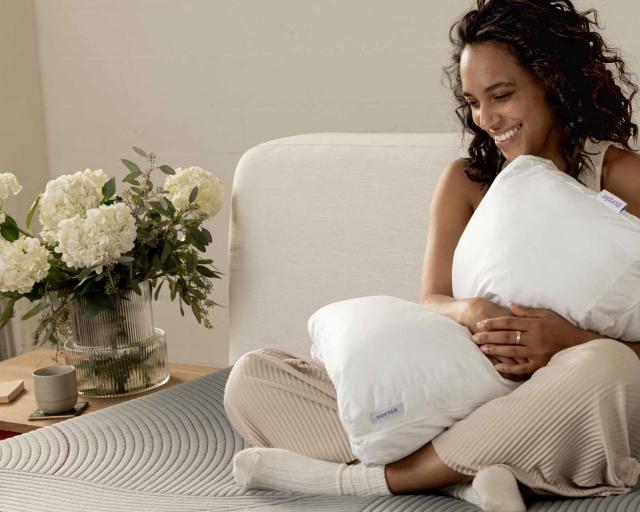Purple Blog
Your resource for sleeping better. From sleep health to product care tips, we have everything you need to level-up your sleep routine.
Featured Posts
Sleep Health
Dive into our sleep health category and discover the secrets to a better night's sleep. Sweet dreams await!
Care Tips
Unlock the vital role of sleep care! Explore expert tips to transform your bedtime routine and sleep better. Discover why prioritizing sleep is the key to a healthier, happier you.
Buying Guides
Elevate your sleep experience with confidence! Explore our buying guide, your go-to resource for choosing products that suit your unique needs.
Bedroom Design
Transform your space, transform your sleep. Explore our design guides for personalized tips on creating a bedroom that elevates your nightly rest.


















